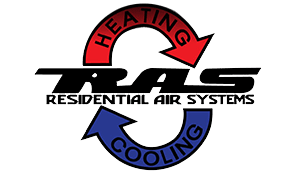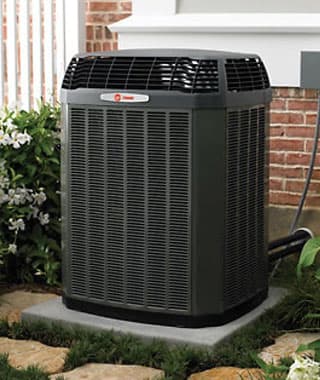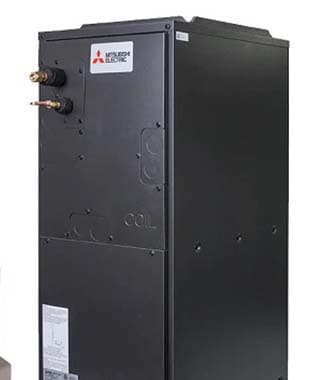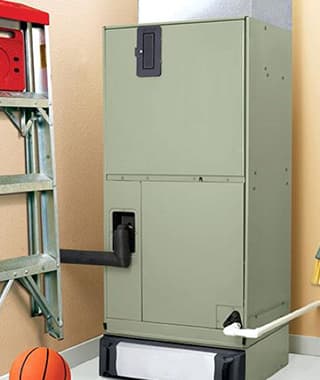24/7 SERVICE, INSTALLATION, & REPAIR
Our service technicians are ready to respond to your service call 24/7, no matter your location. Our friendly technicians regularly attend training programs, upgrade their skills, and learn about new products in order to provide you with the highest quality workmanship.










